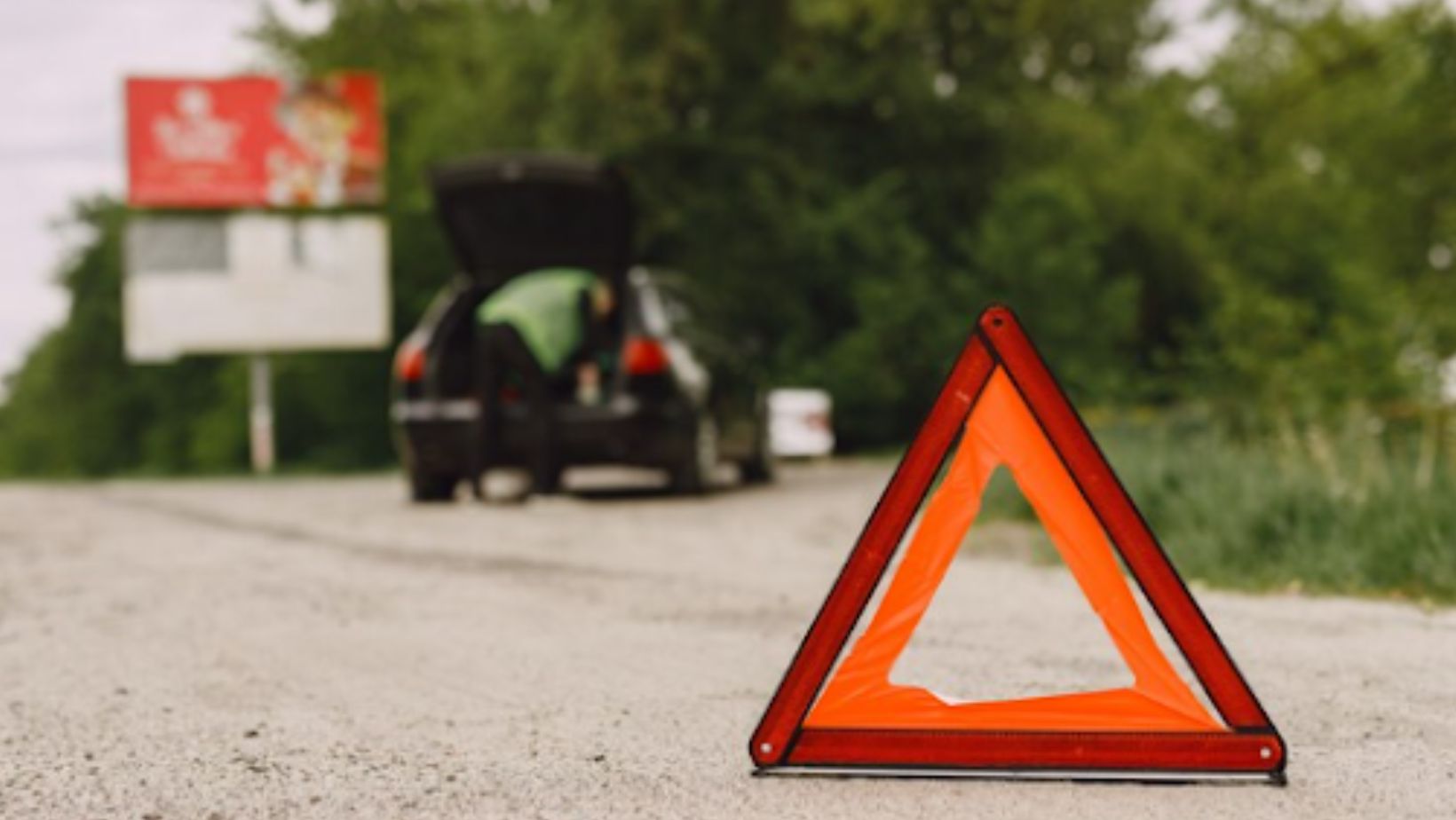
Motorcycle riders in Michigan understand the thrill and freedom of riding on open roads. Yet, with that freedom comes an increased vulnerability to roadway conditions that most car drivers rarely think twice about. A minor pothole, uneven surface, or poorly marked curve can be an inconvenience for a car but a serious hazard for a motorcycle.
This raises an important question: when a crash occurs due to unsafe road design or poor maintenance, who is responsible? The liability issue in motorcycle accidents tied to road hazards is legal and a matter of public safety. This blog examines how Michigan’s roads contribute to motorcycle crashes, the responsibilities of state and local authorities, and why working with a Flint motorcycle injury lawyer is often the best step for injured riders seeking justice.
The Unique Risks Motorcyclists Face
Unlike cars, motorcycles offer little protection against environmental dangers. Their lighter weight and two-wheel design make them more sensitive to roadway irregularities. Even conditions that may seem minor—such as gravel on pavement or faded lane markings—can lead to catastrophic accidents.
Some of the most common road hazards affecting motorcyclists include:
- Potholes and cracks: Michigan’s freeze-thaw cycles create severe potholes, and hitting one at high speed can instantly throw a rider off balance.
- Uneven pavement: Sudden elevation changes or poorly patched roads can destabilize motorcycles.
- Gravel, sand, or debris: Loose materials on roadways pose a high risk of skidding.
- Inadequate signage: Sharp turns without proper warnings or missing speed limit signs increase the likelihood of crashes.
- Defective design: Blind intersections, poorly lit areas, and unsafe curves can all contribute to dangerous riding conditions.
The consequences of these hazards are far more serious for bikers than for car drivers, often leading to broken bones, spinal injuries, or traumatic brain injuries.
Michigan’s Duty to Maintain Safe Roads
Under Michigan law, government entities have a duty to maintain public roads in a condition that is reasonably safe for travel. This includes addressing foreseeable dangers and repairing known hazards within a reasonable time. However, the law does not demand perfection—courts often consider what is “reasonable” under the circumstances.
State and local agencies responsible for road upkeep include:
- Michigan Department of Transportation (MDOT) – Handles state highways and interstates.
- County road commissions – Maintain county roads outside of city limits.
- City governments – Oversee municipal streets and intersections.
When these entities fail to uphold their duty and riders are injured, they may be liable through a personal injury claim.
Proving Liability in Road Hazard Cases
Holding a government agency accountable for a motorcycle accident is not always straightforward. Riders and their attorneys must establish several elements:
- Existence of a defect – Was there a pothole, defective design, or hazard that made the road unsafe for travel?
- Notice of the hazard – Did the government agency know about the defect, or should they have known through routine inspections?
- Failure to act – Did the agency fail to repair or warn of the hazard within a reasonable time?
- Causation – Can the injury be directly linked to the hazardous condition?

For example, liability becomes clearer if a motorcyclist crashes because of a pothole that had been reported multiple times without repair. However, proving negligence is more challenging if the hazard appeared suddenly (such as a storm depositing debris).
The Role of Comparative Negligence in Michigan
Michigan follows a comparative negligence system, meaning that responsibility for an accident can be shared between parties. If a rider is found partially at fault—for example, by speeding or not wearing proper gear—their compensation may be reduced by their percentage of fault.
Government agencies often use this principle to defend themselves, arguing that rider error contributed significantly to the crash. A skilled Flint motorcycle injury lawyer can counter such claims by showing how the road hazard was the actual and primary cause of the accident.
Prevention: How Michigan Can Do Better
While liability claims relieve victims, preventing accidents is even more critical. Michigan could reduce risks by:
- Investing in infrastructure – Increased funding for pothole repair and roadway upgrades.
- Improving inspection systems – Regular monitoring of high-risk routes for motorcycles.
- Enhancing signage – Clear warnings about curves, construction, or uneven pavement.
- Better construction practices – Ensuring temporary fixes do not create hazards worse than the original problem.
Communities that take proactive steps to improve road design and maintenance reduce accidents and save public funds in the long run.
For broader information, the National Highway Traffic Safety Administration (NHTSA) provides valuable resources on motorcycle safety, including the role of infrastructure in accident prevention.
Last Words
Road hazards in Michigan are more than an inconvenience—they are hidden risks that can devastate the lives of motorcyclists and their families. While riders are often blamed for accidents, many crashes stem from preventable dangers like potholes, poor signage, and defective design.
Holding state and local authorities accountable ensures that roads are maintained correctly and that victims receive the compensation they deserve. With the guidance of a Flint motorcycle injury lawyer, riders can build strong cases that uncover negligence and push for safer roads in the future.
Motorcycles symbolize freedom, but that freedom should not come at the cost of safety. By addressing road hazards head-on, Michigan can protect its riders and reduce the tragedies caused by infrastructure failures.



